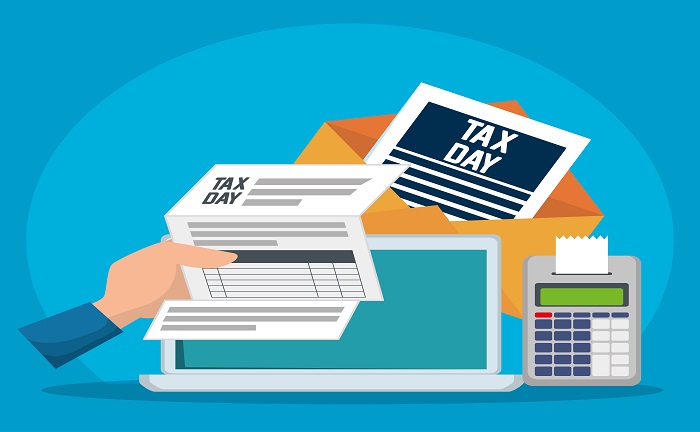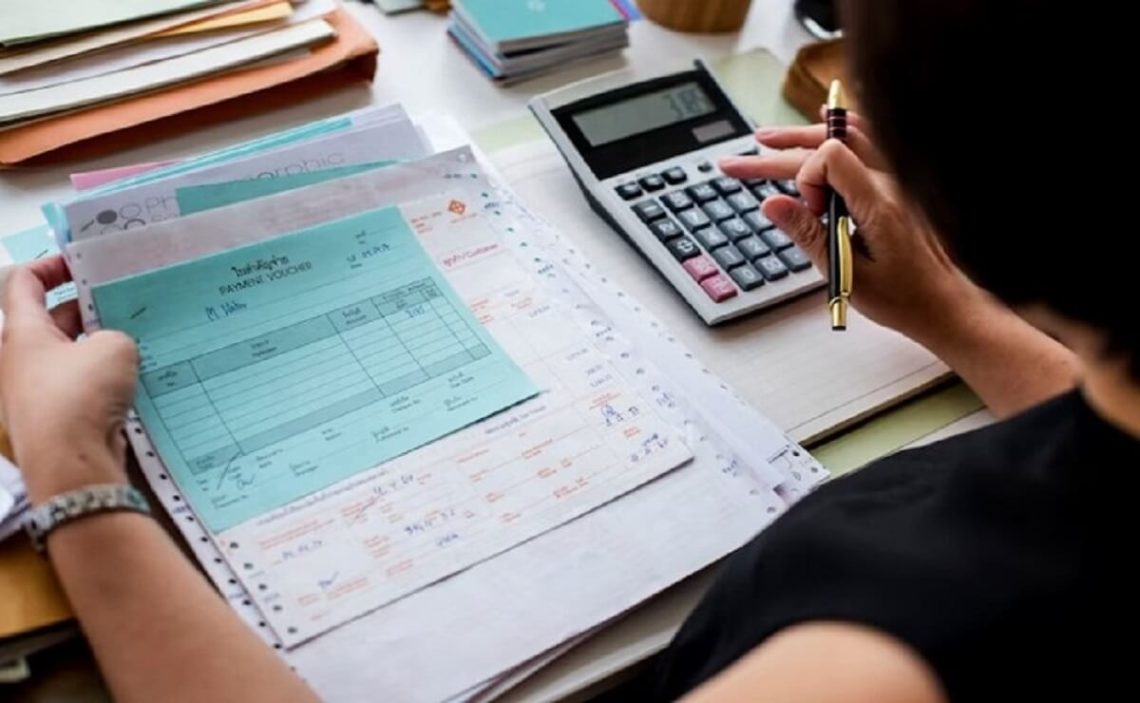Self-employed, such as freelancers, often have to use other forms to file their financial income with the IRS. But what happens when a client pays you in cash?
In these instances, what is usually used is the 1099-NEC. However, here is how to report cash income without a 1099. Of course, you should know that this form does not mean that you can avoid reporting the income. As a self-employed individual, the IRS expects you to notify any payment, even cash.
Basics on the 1099 form
If you have filed your income with the IRS before, you probably have some idea what the 1099 form is. Specifically, it is a document used to report cash income as long as you earn that money as a self-employed person.
Whether the income is from rental property, profits, etc., the IRS typically requires that the payment be reported on the 1099 form. What normally happens is that the client or company that pays the self-employed person is the one who must fill out the form.
What is the 1099 form used for?
Other aspects may be helpful for your information. For example, there are several forms of 1099. The most common is the 1099-MISC or 1099-NEC. It is used to report income when you are a freelancer or self-employed.
Attention: the 1099 form must be filled out when a freelancer earns more than $600 annually. Regarding the 1099-NEC form, the acronym stands for “Non-employee Compensation,” in other words, non-employee compensation implies that you provided your services for them, either by a contract or as a freelancer.
On the other hand, the 1099-NEC is a tax document the IRS considers an “Information Return.” The government agency will receive a copy of every such return you receive. For this reason, it is impossible for you not to declare this income when you file your annual tax return.

How to Report Cash Income without a 1099 form
In the “Gross Receipts” section, any cash income a client reports should be added. In doing so, it should be identified as “Not reported on 1099”. To do this, we use Schedule C (Form 1040).
Using this information to determine your net income from self-employment is also possible. This is done by subtracting business expenses from gross income. In other words, you should record your cash income on line 1 of Schedule C and indicate that it refers to “cash” in the description column.
When filling out the above form, make sure that the total you enter under “Gross Receipts” is at least equal to the total amount reported on other 1099 forms. It is also important to know how to pay employees cash legally.
Example of how to report cash income
If you received two 1099-MISCs (or NECs) from different clients, and one of them reported $3,000 in unearned compensation, but the other reported $600, you must report $3,600 in income to the IRS.
But, let’s say that you earned some extra income in addition to this, which was not reported on any 1099 form. For example, you received $1,000 in cash from several additional jobs you did.
- Then, when reporting your total income as a freelancer, you should add that $1,000 to the $3,600. This will give you a Gross Income of $4,600.
Always keep track of your cash income
Missing out on income can cost you dearly. The IRS is like George Orwell’s “Big Brother” in the novel “1984”. They see everything; nothing can escape you when you file your taxes.
Indeed, it is a challenging task to report your cash income. Knowing the exact amount you received or generated during a month is difficult. For this reason, you must always keep a record of your cash income. For example, you can follow the following recommendations:
- If you received tips, keep a detailed account of the amount of money given to you. If this is the case, IRS has created an easy form for taxpayers to record their tips. Note that the IRS does not require you to keep track of your tips, but keep it in mind as a tip.
- Keep a journal of the dates you received cash income. In it, indicate the money you received for the gig, as well as the method of payment.
- Be orderly in keeping records. While a notebook with the information is handy, if your document is messy, you will end up in the same place you started. The idea is to prevent any income from going unnoticed.
What happens if I don’t report my cash income?
The first thing that can happen is that the IRS may find out and penalize you. You may also be placed on notice with the agency for failing to perform your duties as a taxpayer.
The penalties can be up to 50% of the overdue FICA taxes or, otherwise, up to 25% of the unpaid income taxes, to which you must add the respective interest.
Of course, you should also consider that these penalties will only be applied if you owe taxes. However, if you have economic losses and the additional cash income is insufficient to convert the losses into profits, you do not have to pay any penalty or tax.
In case you are concerned about the need for more information provided from previous years, remember that the IRS only has 3 years from the date you filed your tax declaration to audit it. After this time, the return will be closed and no longer imply a problem since it cannot be audited.
On the other hand, if you forgot to declare $100 in last year’s return, you do not need to modify it. Remember: as long as it is not a substantial economic gain or income, there will be no problem.
In any case, it is always advisable to file all your income whether you are an employee, self-employed, or freelancer. Therefore, it’s better to be safe than sorry, especially regarding the IRS. That’s why you need to learn how to catch up on taxes.
She has a degree in Social Communication (graduated in 2010). Arianna has experience in research and writing about universities, credit cards, procedures and insurance, among other topics related to finance in general.
With more than ten years of experience, she has worked in different local and digital media, writing on various issues related to the economy and international politics. She has also coordinated teams of editors, gaining experience in managing groups.
She was born in Merida, Venezuela. She lived in Wausau, Wisconsin, for 5 years, allowing her to learn English. Being bilingual, she also does research and writing in Spanish.
She has taken TOEFL exams and English proficiency tests (passed), so she is qualified to write texts in English.


